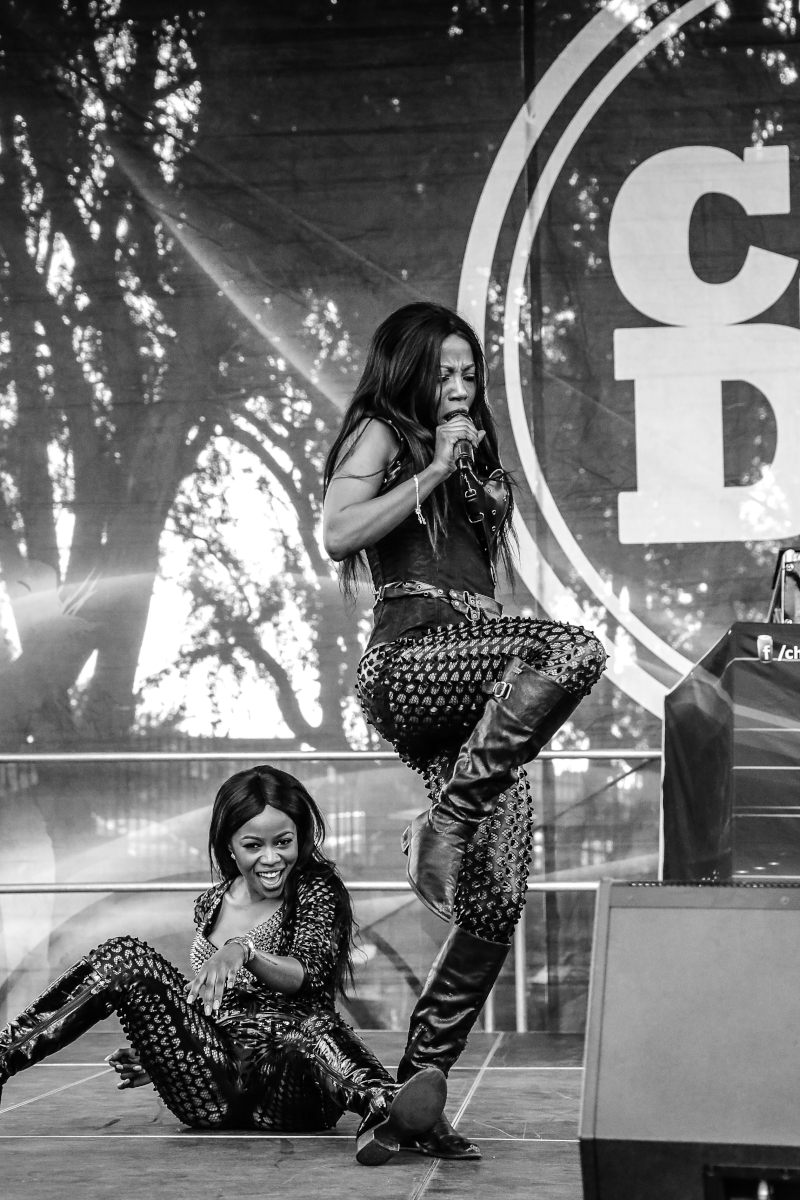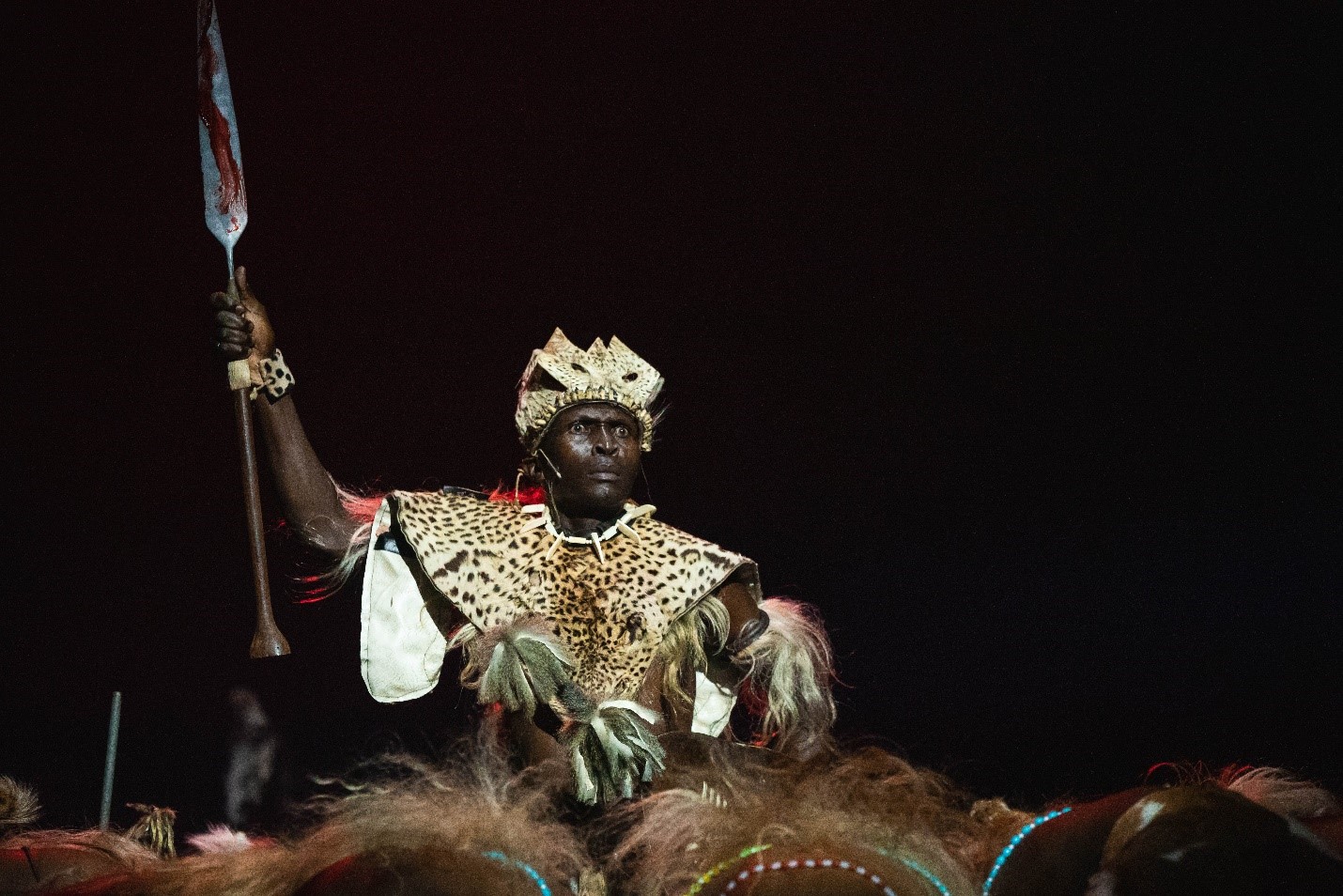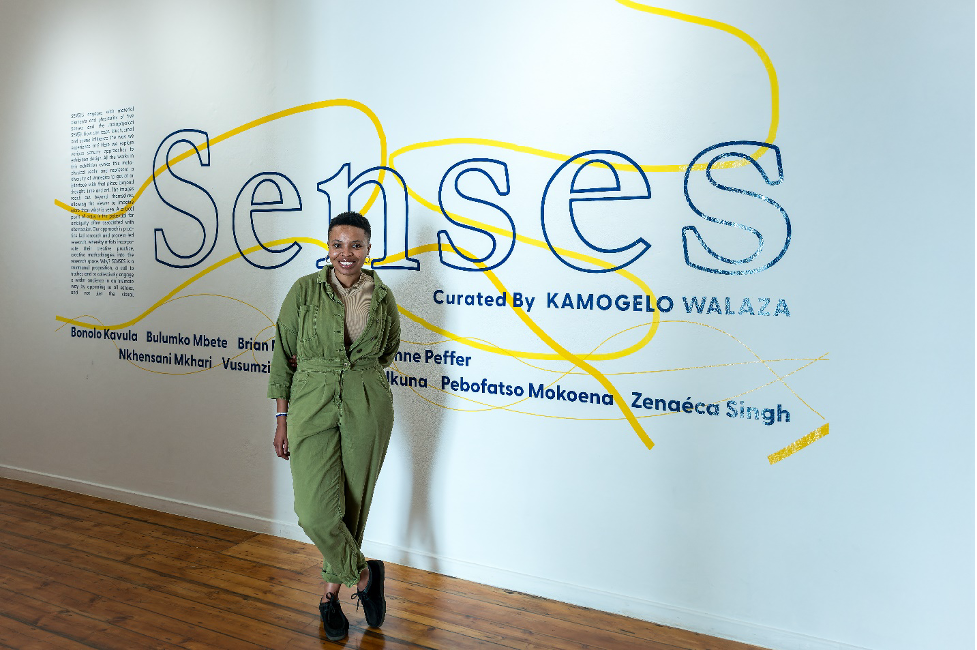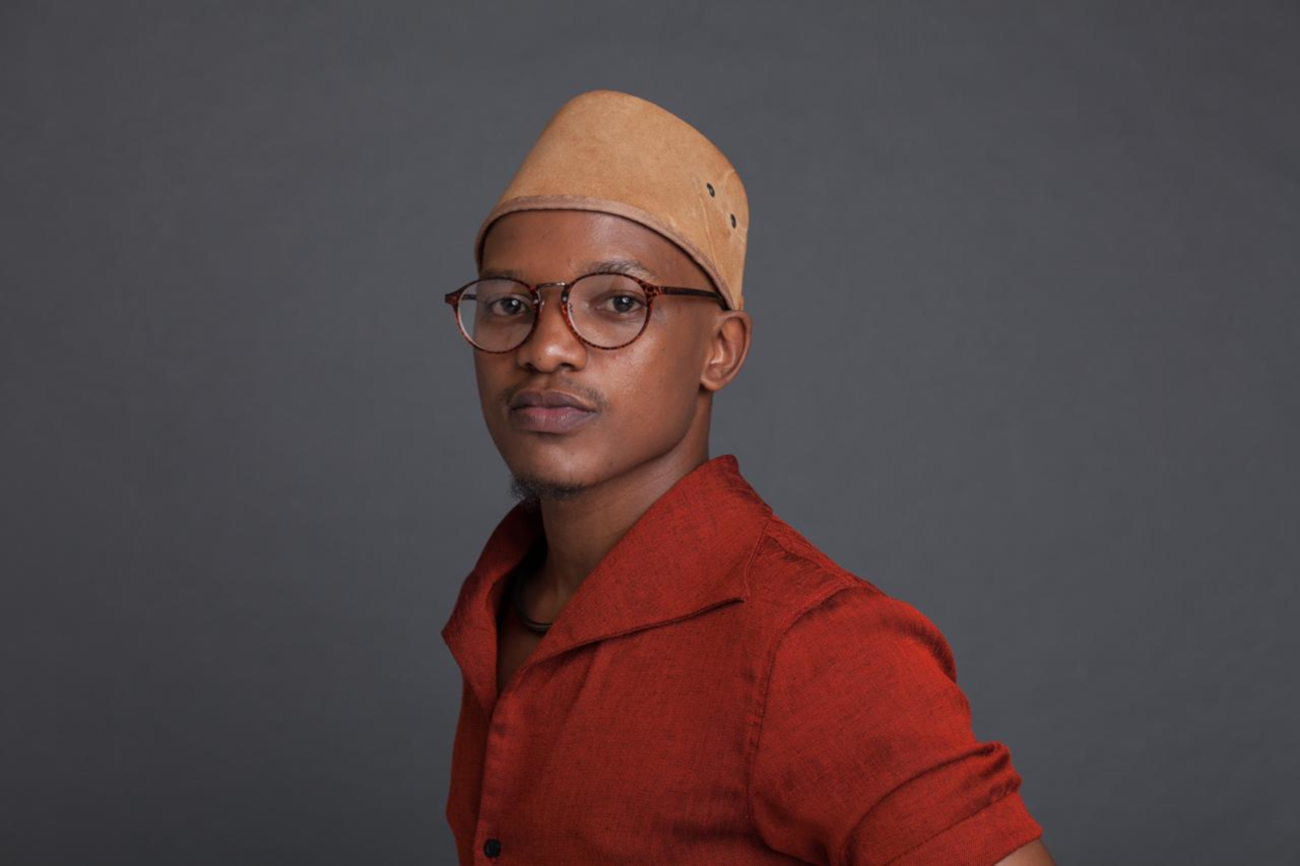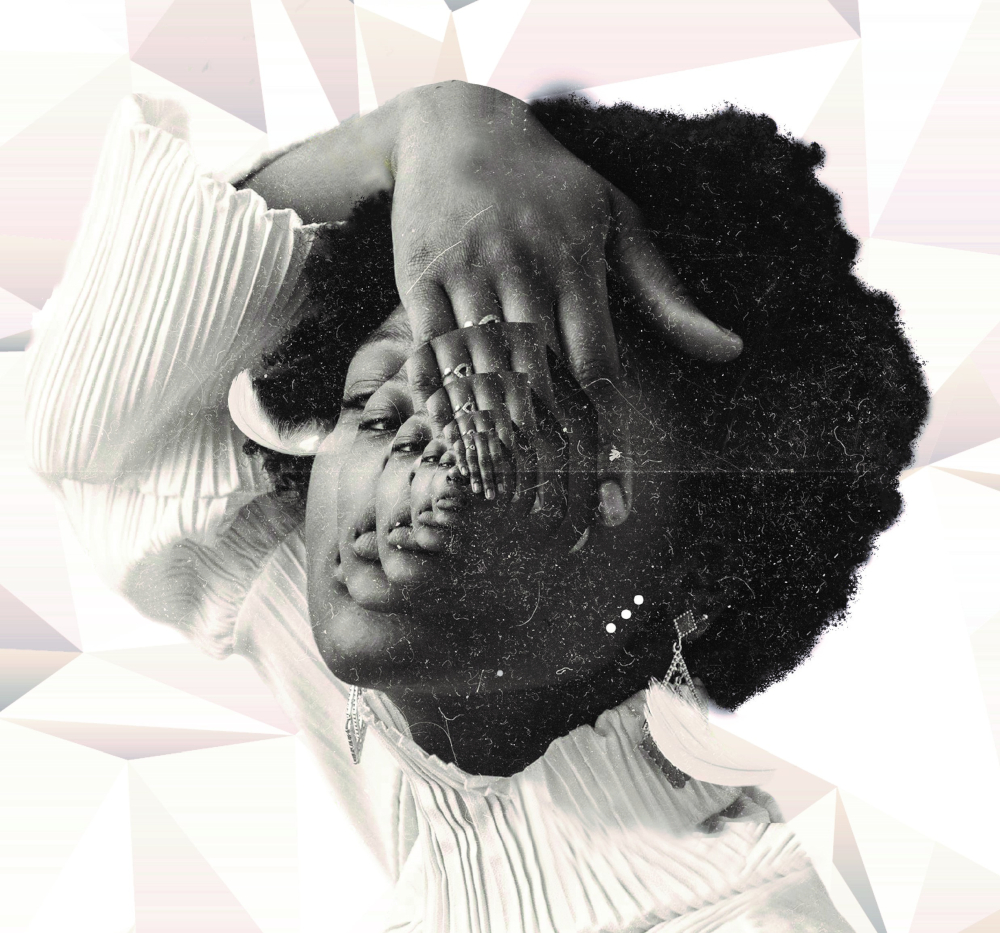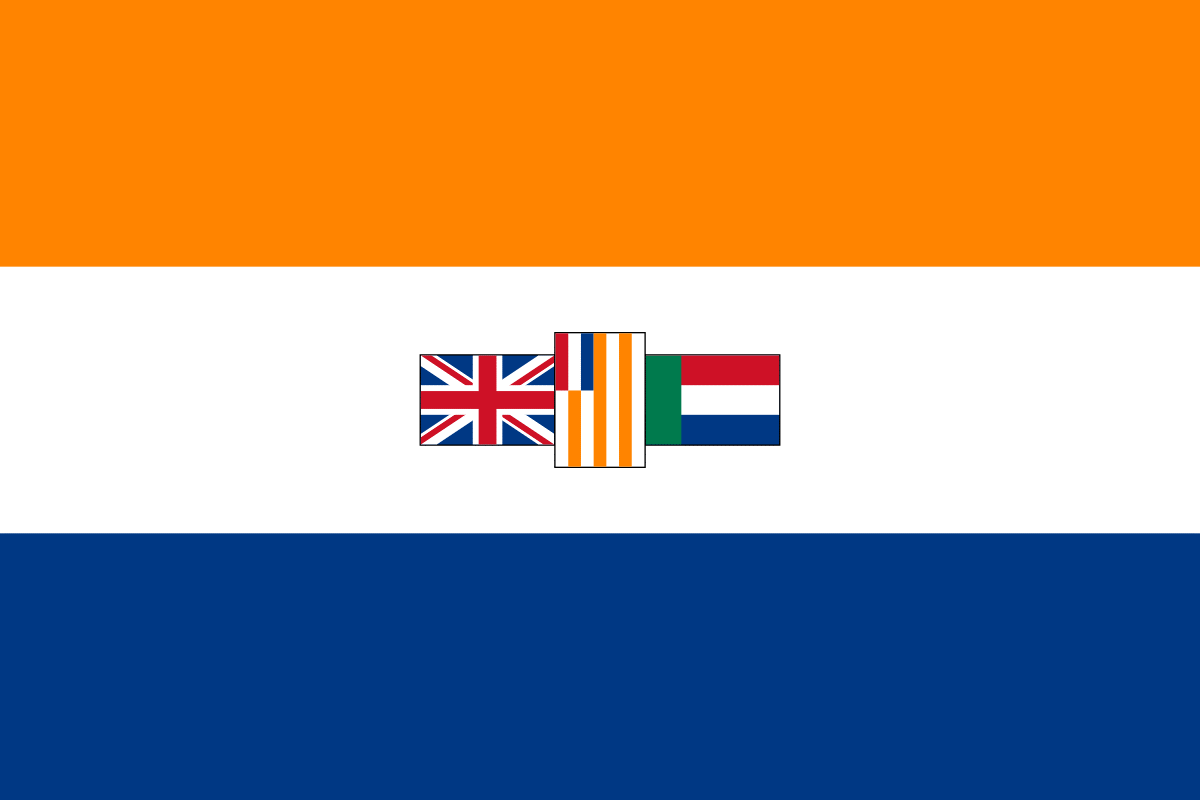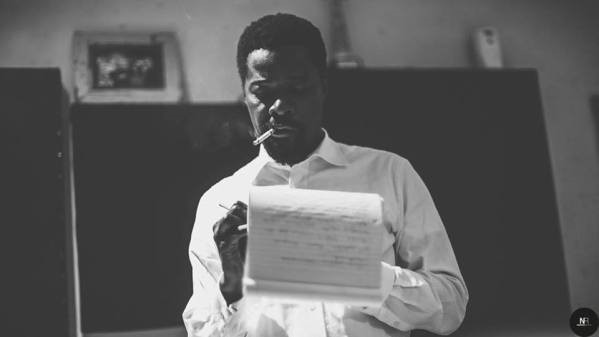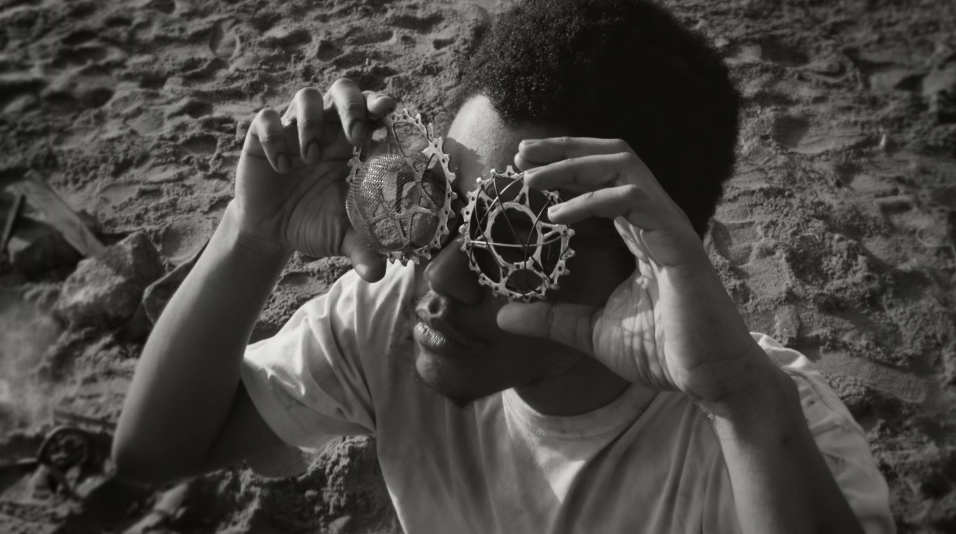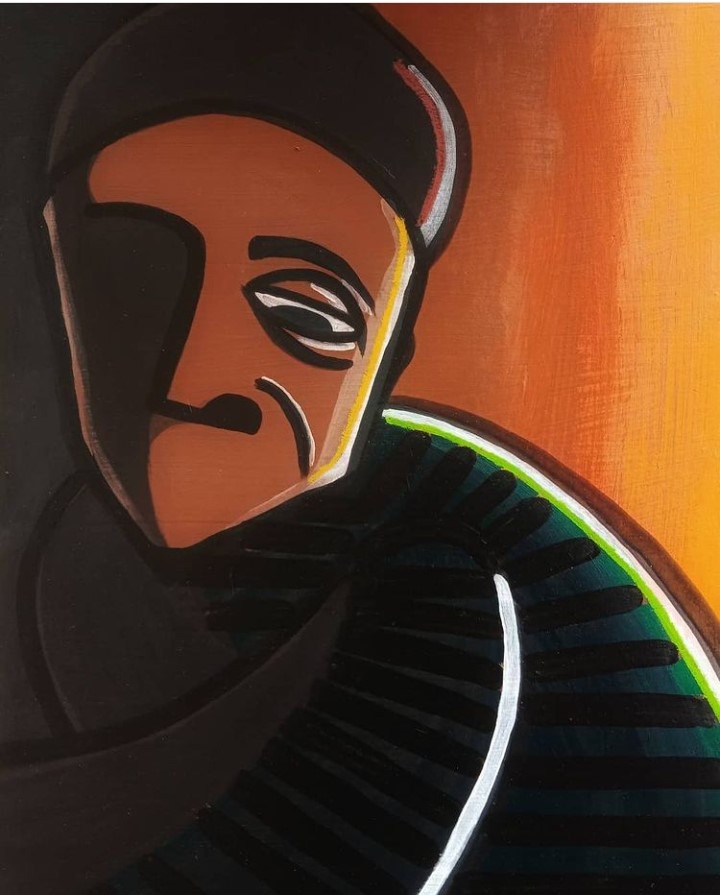I have a confession to make: I almost killed my grandfather.
This is how it happened.
I have decided that I will refrain from posting about my abstinence from alcohol and my journey with sobriety on social networks. In part because I know isicefe esibangwa abantu who preach about alcohol, and I don’t want to become that person, but mostly because I am doing it for myself and for my son and not for the world to see. But may I be allowed to mention it for the last time.
In the middle of June this year I spent a whole weekend with my paternal grandfather, umkhul' Mpika in Jozi. The old man lives in KZN and I don't get enough time with him. So when I learnt that he is visiting my aunt's house in Jozi, I immediately longed to be in his presence.
He spent most of his time indoors, sitting on a bed because he was recovering from an operation he'd undergone a few days earlier. I'd sit on a chair next to him and listen to his stories and ask him questions. And he had lots of stories to tell. His face lightens up when he reminisces about his younger self growing up eBaqulusini, Northen KZN in the 50s.
He is of the Khiphinkunzi regime, ibutho likaKhiphinkunzi. I was enthralled and proud to discover that he was initiated to ibutho by the Zulu king uCryprain Bhekuzulu Nyangayeziwe kaSolomon, the father of the current King of amaZulu, his majesty the king Zwelithini kaBhekuzulu. He also added, with a manner of humility in his voice, that we, the Mthethwa family are of the royal family.
"Oh yeah, I know about that"; I said and joked that I should have become a prince. Mkhulu does not subscribe to silly jokes. He dismisses silly jokes with a question; "Uyamazi uMahele"? He asked if I know of Mahele, his father. I pulled my chair closer to listen. At this time, I got a closer look at him and as I zoomed into his face, I saw that his face is deep, ujulile. The wrinkles are furrows plagued by 82 years of joy and sorrow, of laughter and tears and all kinds of emotions he has endured in his life. The grey hair gathered on his face also concur with this. His eyes spark wisdom. It appeared to me that he is not just old, he is ancient.
Mahele was his father, he said, and chief of kwaMthethwa in royal home eGodeni eDumbe. Mahele had three wives and Mkhulu was the first born son from the first wife uKaMazibuko. Custom dictates that the first born son from the first wife succeeds his father to the throne. But there are exceptions and in my grandfather's case, it was that the third wife, uMaZulu (uMntwana as they referred to her), was from the direct bloodline of the Zulu royal family, it was for this reason that her first born son, chief Mandlakayise took over and became chief in place of uMkhulu. And that is how my chances of becoming a prince and probably a chief vanished even before I was born. But I still regard myself as umntwana wasebukhosini, a royal child, which is of course a useless title these days but "ok'salayo".
Mkhulu explained other disputes to this chieftaincy business and he declared that he is an an individual who likes to maintain peace. The current chief of kwaMthethwa, eGodeni still respects and acknowledges Mkhulu and he'd often seek his advice.
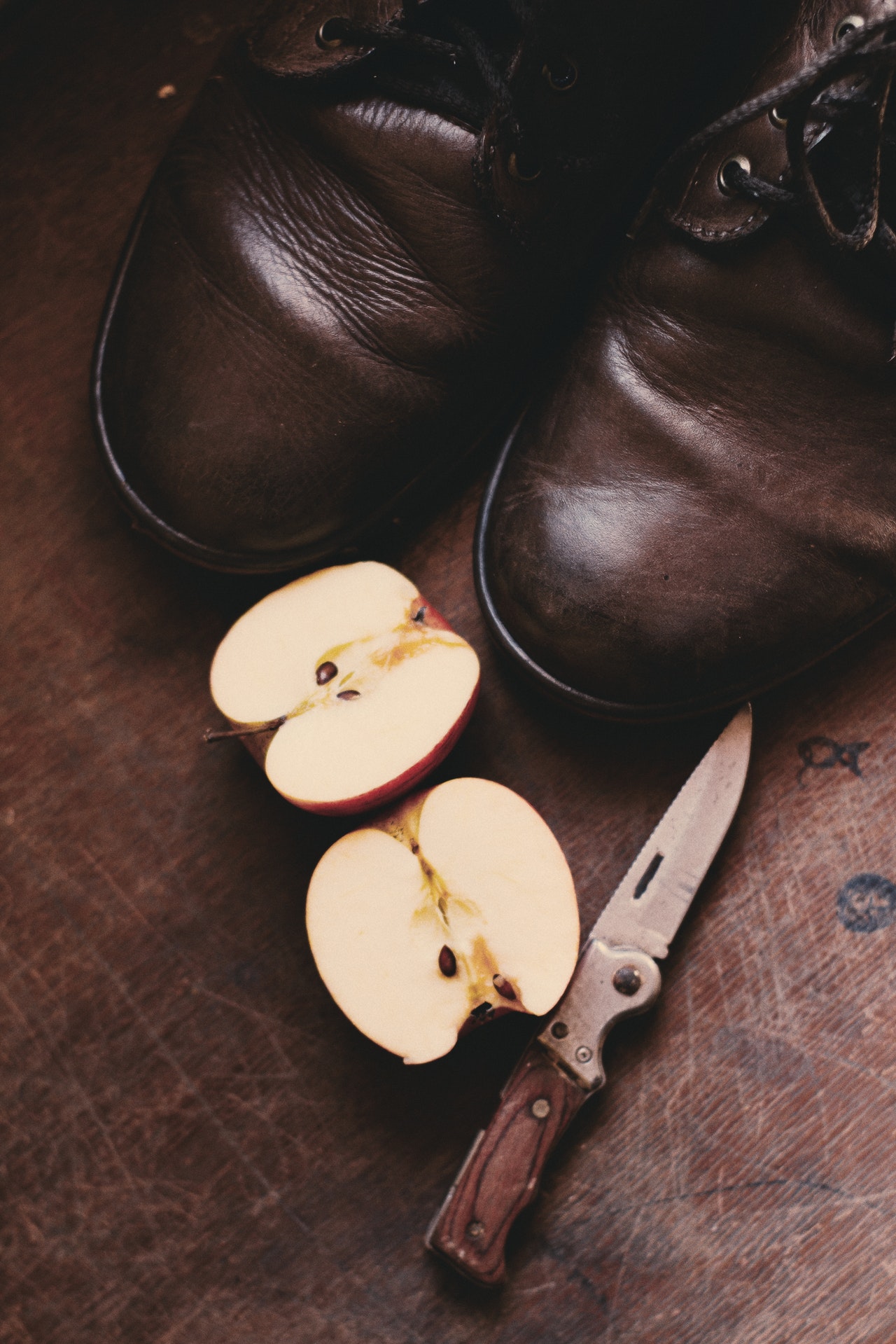
"Unjani umsebenzi", he asked me about work, again avoiding my other question about the time he was once summoned to Enyokeni, the Zulu royal kraal. I remembered that aunt Khethiwe once told me Mkhulu visited the royal house to offer an apology on behalf of the Mthethwa chief because he had offended uBhejane, King Zwelithini. I then remembered that by the way, there are matters of the royal family which are not to be discussed casually and with anyone, izindaba zasebukhosini ezibucayi awuhambe uzikhuluma nje noma kuphi.
We spoke about work and I suddenly sensed a dark cloud from his face when he cast his mind back to the days when he used to slave for white farmers. Mkhulu begun to work the farm in his early teens. As many other black children those days, Mkhulu was deprived a chance at education. My grandfather worked in the farm his whole teenage life in exchange for a place for him and his parents to stay. They were not getting paid a cent. Basically he ploughed the land of his own forefathers in exchange for the milk produced by the cows of his forefathers and a roof to sleep under, in HIS land, in OUR land.
Him and other kids his age worked long hours, to the atom of their strength, under gritty conditions and they would be sworn at and consistently be beaten by the Baas.
"They treated you like animals hey, mkhulu"? I said, trying to offer my sympathy.
Mkhulu does not subscribe to sympathy.
"Animals were treated even better," he declared.
"Sometimes we would see dogs covered with blankets during winter when we were left to sleep in a chicken coup, only with sacks to cover ourselves". He said this looking at the window, avoiding eye contact with me.
I think my aunt had started to cook in the kitchen when we got to this part of the story, and it was probably the onion that made my eyes wet. So don't go around telling people that I was crying in front of an old man.
He proceeded to talk about one of the incidents that made the baas to reconsider inflicting violence upon the farm workers. Once, one of Mkhulu's colleagues was in trouble for breaking some of the farm's rules and was up for a 'disciplinary hearing', which basically meant that he had RSVP’d for a meeting between his black ass and baas' whip. Mkhulu does not remember exactly what was his crime. I decided it was maybe one of those petty crimes he had told me they used to get punished for. It could be that he went to lunch earlier or took his time eating or had not greeted baas. The everyday routine was that before work, everyone lines up and greets baas.
"Molo bass"; was the salutation they did as they lined up, one at a time until all of them had passed. Some mornings, when bass was not in the mood for individual greetings, he'd command them to say it together, in unison. "Molo bass"; and make them run to the field and start work. I decided that this particular man was a Freedom Fighter and was tired of this nonsense, hence he was subjected to discipline. Anyway, on the day of the punishment, bass ordered the guy to work in solitary, away from the field where others worked. It was his modus operandi to exclude any law breaker from other workers and make him work by himself in the yard on the day he wanted to beat him. Issa trap.
He invited a few of his friends from a nearby farm for this 'disciplinary hearing' day. As the guy was cleaning the yard, about six white men mushroomed from the back of the house.
"Ya wena khafula, nguwe wena delela lo baas?" Hey you kaffir, you are the one disrespecting the boss here? They said as they drew close to him, making a semi-circle to limit his chance of getting away. Breathing heavily, the guy fished into his overalls pocket and drew out a huge knife.
Startled, his attackers stepped back and that is when they realized they should have worn their diapers. He charged at one of them, slid the knife across his stomach and the whole place was a red sea of blood. The other men, including the host, ran for their lives, screaming.
I quickly remembered how Eugene Terreblanche, the leader of the AWB was murdered by his farm servants in April 2010.
"Ewu", I sighed, "That was bad. But I like the bravery of that guy. Wabanyisa!".
Mkhulu did not show any sign of approval to my comment on this. I am not sure if it's because I used the word "ukunyisa" or it's because he had mentioned earlier that he dislikes violence. As usual, he dismissed it with a question;
"Lisekhona ivosi elisele ekhishini?".
One of the things I learnt is that he is fan of boerewors. There was some wors and meat left over from the braai we had earlier. I went to the kitchen to warm it up.
As I watched the microwave timer counting down, my heart beat faster. Somehow the minutes on the microwave reminded me of the little time I have with my grandfather, his remaining years on earth and the importance of embracing this blessing while it's still warm and here. I took out the wors even before the time I had set was up. I decided it was warm enough and hurried back to Mkhulu.
I placed the plate on his bedside table and he kindly invited me to eat with him. For me, and in our culture, that is a huge honour. I felt loved and appreciated.
"Uzoganwa nini"? I knew that this question was going to come eventually. He asked when am I getting married as a piece of wors disappeared inside his mouth. It was my turn to avoid a question. I counter questioned: "Mkhulu ngizwa kuthiwa washada una-23?".
I told him how amazing it is that he married at such a young age of 23. This time he smiled and pointed to the direction of the heater at the edge of the bed, "Awehlise lento kancane", asking me to lower the heat a bit. He then started to dish out advise on marriage and life in general. Even though Mkhulu has never received any formal education, his intellectual capacity is astonishing. He is a self-taught individual and every wealth he has accumulated over the years is the result of hard work and determination. His name Mpikanelangak'shona, which was given to him by his mates, is an adaption of his work ethic. (The loose translation of it is; 'The one who won't stop working until the sun sets').
He is articulate in his speech and every word he utters carries the weight of wisdom. In fact, most of the people with whom I happen to share the same blood line are intellectuals. I wish it rubs off. Ukube kuyathelelana I would also be an intelligent being. Pho ke, iziphiwo azifani.
He spoke about our family history and how it was to be raised in a polygamous household, being a royal chinch but still be subjected to slavery by a white man. He was happy to explain to me the meaning of my other grandfathers' names, his younger brothers òmkhul' Njavuthwa bakwaPhumeceleni nòNcedeziph'izitho. He is a good listener too, for when I told him that I love history and I read, he told me there is a book back home about our family history. I am so looking forward it. At least now I can pass on our family history to my grand offspring and can count back to five generations: NginguMthokozisi KaMlungisi kaMpika KaMahele KaMnyayiza kaSiwangu seGoda.
Continuing with his advice, Mkhulu added; "Ebese uyaqhelelana notshwala, mzukulu". He emphasised this part on alcohol. The old man suddenly had a painful cough when I mentioned that I am currently on a break from alcohol. It is possible that Mkhulu knew that I drink, but hearing me admitting it almost gave him a heart attack, it almost killed him.
He did not know whether to rejoice to the news that I have stopped and it's now been close to 6 months without a single drop, or to be mad at the discovery that I used to be an excessive drinker.
"Konje uthi usuneminyaka emingaki manje?" He asked how old I am as he moved his cushion, making space for a pillow. I told him my age again and he sighed, "Weh, kanti luselude ukhalo". You still have a long way to go; he said as he lay his head on the pillow. He was set to take his afternoon nap.
"Uvale umnyango nxaw'phuma". He requested that I close the door on my way out.
I took the plate to the kitchen and disappeared into the room I was using. I threw myself atop the bed, closed my eyes and pondered deep, his words echoing in my mind as if they were said from a remote time distance.
"You still have a long way to go...".


